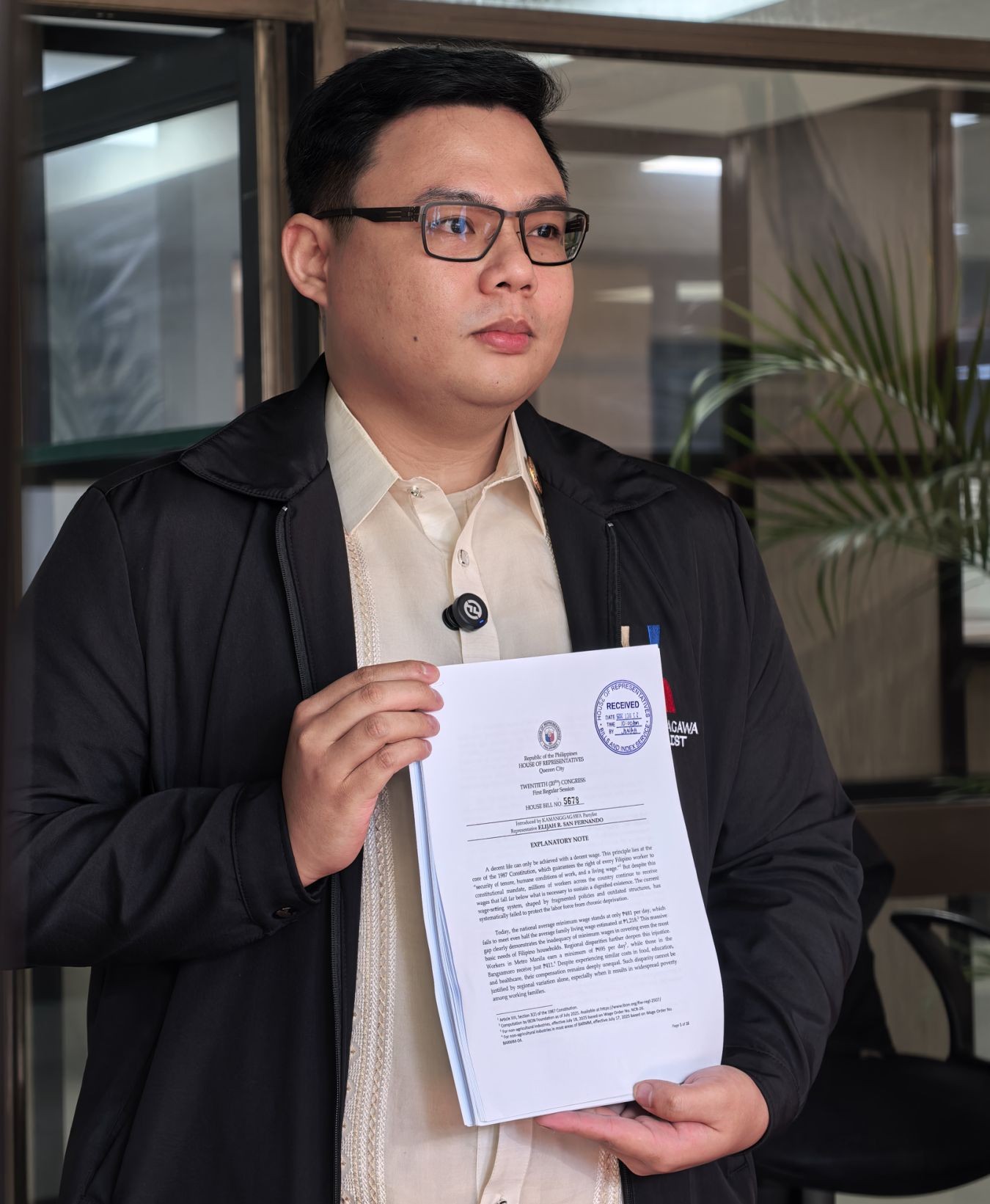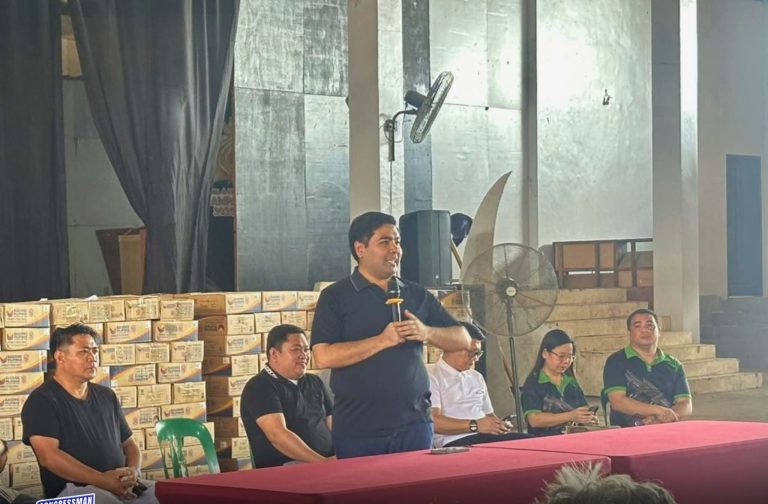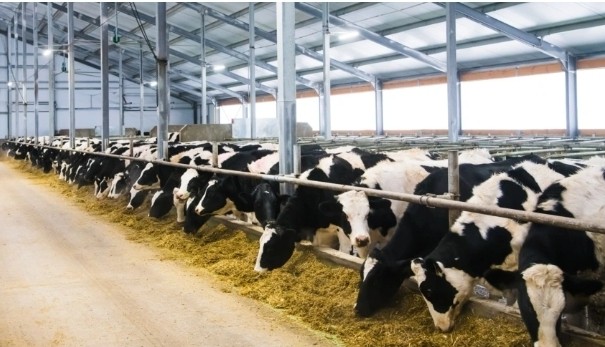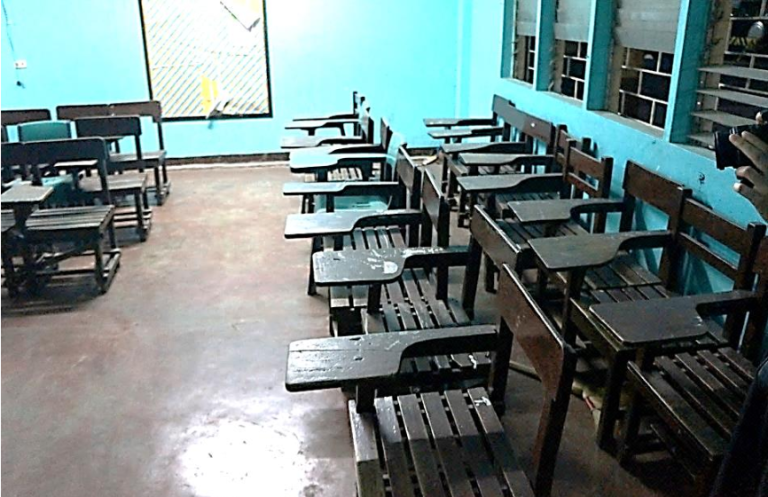
KAMANGGAGAWA Partylist Representative Elijah “Eli” San Fernando has filed House Bill No. 5678, or the Fair Industry Wages Bill, a landmark measure seeking to establish industry-based wage standards and eliminate pay disparities among workers performing the same jobs across regions.
“Hindi dapat maging batayan ng kabuhayan ng manggagawa kung saan siya pinanganak o saan siya nakatira,” San Fernando said. “Pare-pareho ang trabaho, pero magkaiba ang sahod dahil lang sa zip code. Through industry-based wages, we align pay with the value of work, not location.”
San Fernando explained that the Fair Industry Wages Bill complements the earlier-filed National Minimum Wage Bill (HB No. 94), both of which build on Kamanggagawa’s campaign for living wages and wage justice.
“While the National Minimum Wage Bill sets the floor, the Fair Industry Wages Bill ensures that every industry builds upward from that floor—fairly, transparently, and based on real economic value,” he said. “The existing regional wage mechanism locks provincial workers in low-wage cycles while prices and profits continue to soar. These bills seek to fix that.”
Under HB 5678, wage-setting authority will be transferred from regional wage boards to Industrial Tripartite Wage and Productivity Boards (ITWPBs), organized per industry. Each board will include representatives from the Department of Labor and Employment (DOLE), employers, and workers’ organizations to ensure a balanced and participatory approach to wage determination.
The proposed ITWPBs will be tasked to:
Formulate industry-specific minimum wage standards based on productivity, enterprise classification, and cost of living;
Recommend productivity-based incentive schemes to promote fair wage progression;
Conduct periodic wage reviews reflecting inflation, sectoral growth, and profit trends; and
Ensure no worker earns below the statutory national minimum wage set under HB 94.
The bill also directs DOLE, in coordination with DepDev and the Philippine Statistics Authority, to develop a National Wage and Productivity Index that will serve as a data-driven basis for industry-level wage adjustments.
San Fernando said the measure will “create a fairer and more rational wage structure” that rewards skill, productivity, and contribution—rather than geography or political influence.
“The time has come to rebuild the economy around the dignity of work—not cheap labor, but just wages,” he said. “True progress is not measured by stock market gains or GDP growth, but by whether workers can live decently from their labor.”
Alongside HB 5678, Rep. San Fernando also filed several pro-worker and pro-people measures, including:
House Bill No. 5680, or the Magna Carta for Private Health Workers, guaranteeing better conditions, benefits, and job security for private health frontliners;
House Resolution No. 409, urging a review of the Magna Carta of Seafarers (RA 12021) to address provisions undermining seafarers’ rights;
House Resolution No. 410, calling for an investigation into the Manual of Regulations for Private Higher Education (MORPHE) and its effects on educators and students; and
House Resolution No. 411, tackling the growing misuse of cyber libel laws to silence dissent and intimidate journalists and citizens.
Kamanggagawa Partylist reaffirmed its commitment to pushing legislation that protects workers’ rights and promotes a fair, transparent, and inclusive economy grounded in social justice.





